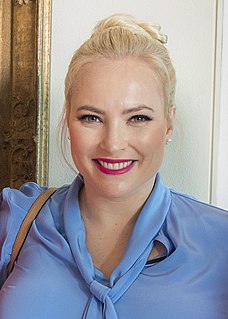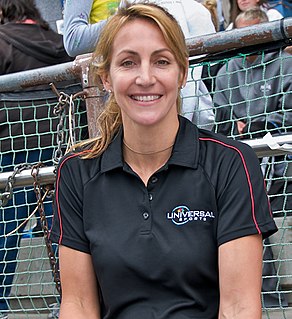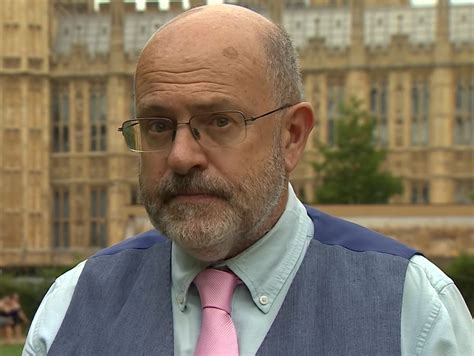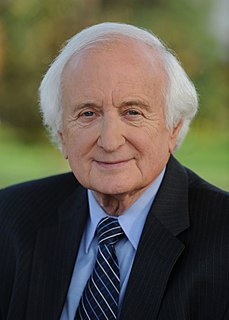A Quote by Jack Monroe
Until people realise benefits doesn't mean scrounger, and austerity isn't a fun middle-class way to grow your own vegetables, there's still a lot of work to do.
Related Quotes
The government decides to try to increase the middle class by subsidizing things that middle class people have: If middle-class people go to college and own homes, then surely if more people go to college and own homes, we’ll have more middle-class people. But homeownership and college aren’t causes of middle-class status, they’re markers for possessing the kinds of traits — self-discipline, the ability to defer gratification, etc. — that let you enter, and stay, in the middle class. Subsidizing the markers doesn’t produce the traits; if anything, it undermines them.
As a person, I am still very middle class. People don’t realise these things. Most of the black suits that I wear are the same. All the designer clothes I have are actually from my films. I don’t dream of Rolls Royce and things like that… People are kind enough to me to give me the nicest things in life, but it doesn’t mean that I’m used to them.
What we have to do is make sure that here in America, if you work hard, you can get ahead. If you worked hard, not only did you have a good job, but you also had decent benefits, decent health care. We've got to make sure that we're doing everything we can to expand the middle class and people who are working hard can get into the middle class.
The American middle class, it seems to me, is looking to politicians now to satisfy a pretty basic - and urgent - level of need. Yet people in the upper middle class - with their excellent health benefits, schools, salaries, retirement plans, nannies and private afterschool programs - have journeyed so far from that level of need that, it often seems to me, they literally cannot hear what resonates with the middle class. That creates a problematic blind spot for those who write, edit or produce what comes to be known about our politicians and their policies.
































